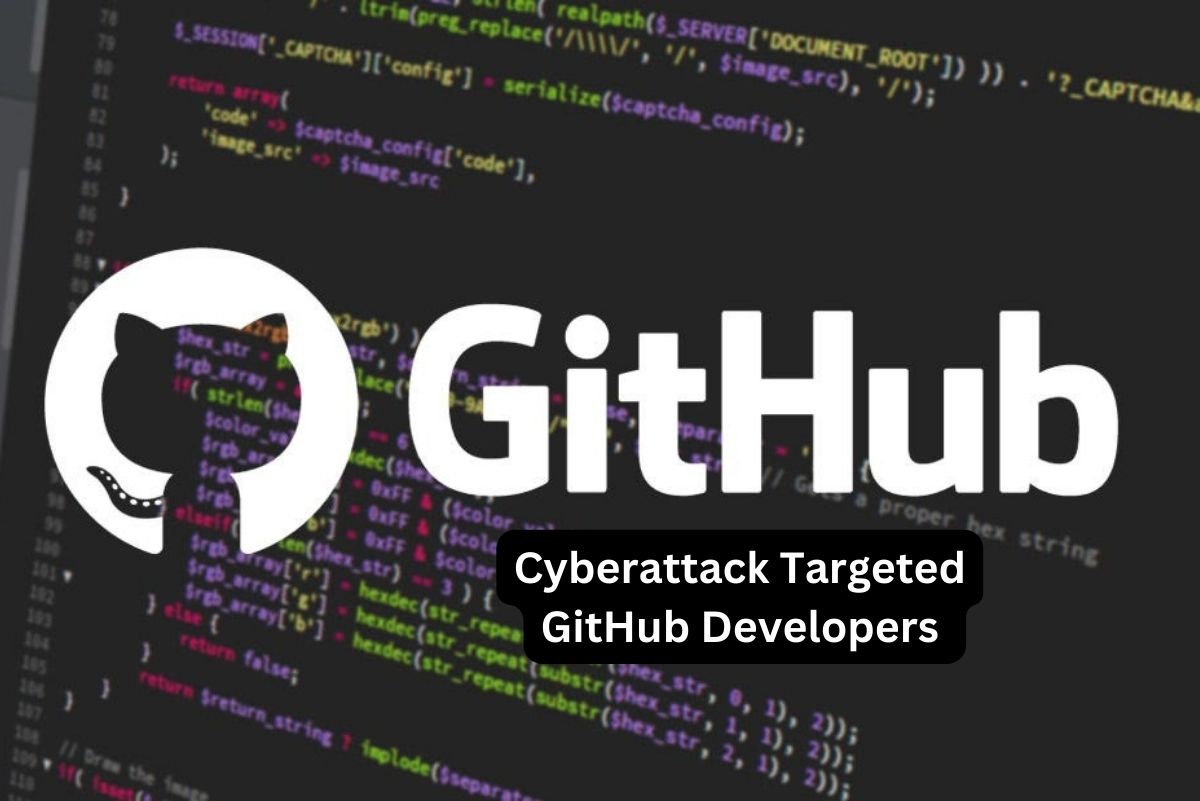
A group of unidentified threat actors launched a sophisticated supply chain cyberattack on members of the Top.gg GitHub organization and individual developers, aiming to inject malicious code into the software ecosystem. Employing various techniques, the attackers infiltrated trusted software development elements, compromising developers and distributing malicious dependencies through a fake Python infrastructure linked to GitHub projects.
Jossef Harush Kadouri, head of software supply chain security at Checkmarx, emphasized the multifaceted tactics employed by attackers to create sophisticated attacks, evade detection, and complicate defence efforts.
The attackers utilized typosquatting techniques to deceive users with a fake Python mirror domain resembling the official one. They tampered with popular Python packages like Colorama, embedding malicious code within seemingly legitimate software to expand their reach beyond GitHub repositories.
Exploiting high-reputation GitHub Top.gg accounts, the attackers inserted malicious commits to increase the credibility of their actions. This organization, with 170,000 members, became a target of the cyberattack.
In the final stage, the malware used by the threat group steals sensitive information from victims, targeting popular user platforms including web browsers, Discord accounts, cryptocurrency wallets, Telegram sessions, and Instagram profiles. The stolen data is then exfiltrated to the attacker's server using various techniques, while the attackers utilize obfuscation techniques and persistence mechanisms to evade detection.
Despite some vigilant community members noticing malicious activities and reporting them, Checkmarx notes that the threat remains active.
To protect developers, IT security professionals should regularly monitor and audit new code project contributions, educate developers on the risks of supply chain attacks, and prioritize collaboration and resource-sharing to enhance software supply chain security.
Kadouri predicts the continuation and evolution of supply chain attacks, particularly in building pipelines, AI, and large language models. Recent incidents, such as malicious code updates slipped into GitHub repositories and supply chain attacks on Israeli universities, highlight the ongoing threat landscape and the need for robust security measures in software development.